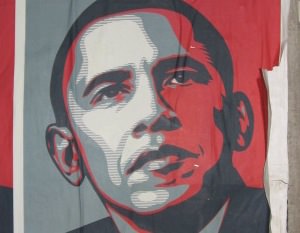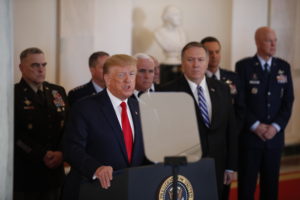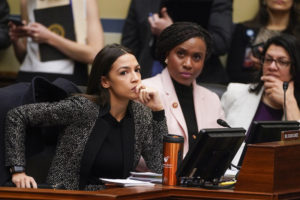Obama Stands Alone After British Lawmakers Vote Against Syrian Strike
Barack Obama's plans to bomb Syria hit a snag Thursday when the British parliament unexpectedly voted against a motion that would have paved the way for authorizing the U.K.’s participation in a military attack.
Barack Obama’s plans to bomb Syria hit a snag Thursday when the British parliament unexpectedly voted against a motion that would have paved the way for authorizing the U.K.’s participation in a military attack.
The vote was 285 to 272 against intervening. Less than 30 minutes after the British results, senior U.S. intelligence officials began talks with key members of Congress in an attempt to keep U.S. lawmakers in favor of a strike.
The development forced Obama to consider taking unilateral action against Syrian President Bashar al-Assad, whose government allegedly attacked rebels and civilians in the suburbs of Damascus with chemical weapons last week. Britain’s support was not an expressed condition of U.S. action, but the decision leaves the U.S. alone among nations that have previously helped it “police” the world.
The U.K. has taken part in every major U.S. military offensive in recent years. Even though polls showed the British people didn’t support their government’s involvement in an attack, many experts expected British lawmakers to fall in with Obama’s plans. On “Democracy Now!” on Thursday morning, British-Pakistani historian, activist and editor of the New Left Review, Tariq Ali, said “the United States can push it through, and probably the British government, which, you know, is a sort of vassal state-type outfit, will go along with it, but against the will of a huge majority of its people.”
Obama appears to have taken British support for granted. Hours before the vote, Dianne Feinstein, chair of the Senate Intelligence Committee, expressed confidence that Britain would join a strike. “I think the UK makes a difference,” the Democrat and Obama ally told Time magazine. “I think if the president were to decide to go there’s a very high likelihood that the United Kingdom would be with us.”
— Posted by Alexander Reed Kelly.
Your support matters…The Guardian:
Shortly before Britain’s parliamentary vote, the New York Times quoted senior administration officials saying the US administration was prepared to launch strikes on Syria without a UN security council mandate or the support of allies such as Britain.
Earlier on Thursday, Joshua Earnest, the White House deputy spokesman, seemed to confirm that was a possibility when he was asked whether the US would “go it alone”. He repeatedly said it was in US “core national security interests” to enforce international chemical weapons norms. “The president of the United States is elected with the duty to protect the national security interests of America,” he said. Any strikes would be “discreet and limited”, he said.
However, Earnest also stressed the broad international support for the US position – backing that now appears to be dissipating. The Arab League has blamed Syria for the chemical attack, but stopped short of advocating punitive strikes by the US.
Independent journalism is under threat and overshadowed by heavily funded mainstream media.
You can help level the playing field. Become a member.
Your tax-deductible contribution keeps us digging beneath the headlines to give you thought-provoking, investigative reporting and analysis that unearths what's really happening- without compromise.
Give today to support our courageous, independent journalists.


You need to be a supporter to comment.
There are currently no responses to this article.
Be the first to respond.